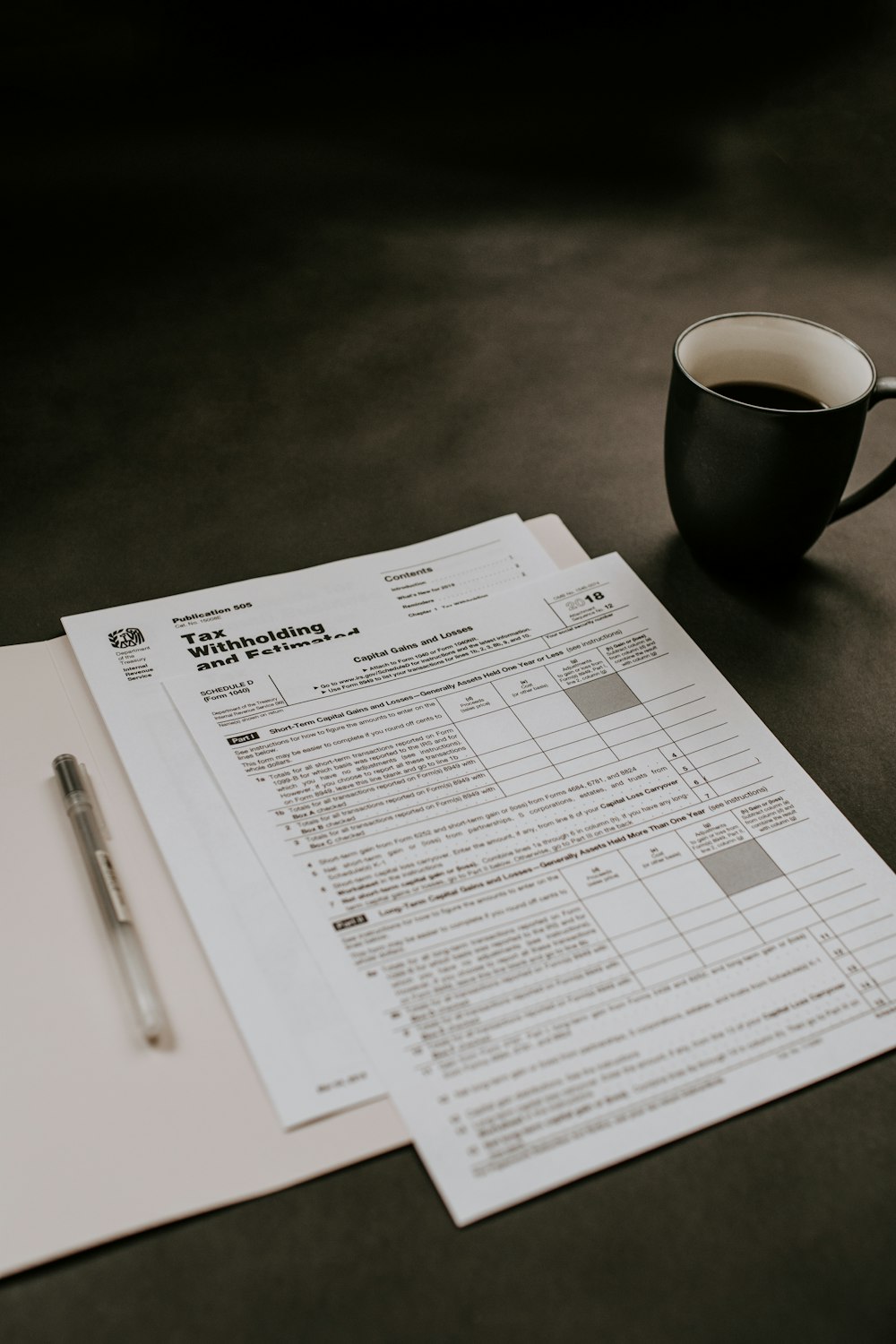Written by Shamrina C
In 2024, the 18% tax situation in Sri Lanka has presented a significant challenge to the living standards of its people, leading to unfair inflation and the impact of government policies on personal finances. In these trying times, adopting financial responsibility is crucial to navigate through economic uncertainties.
Here are seven steps to help you achieve financial stability in the face of these challenges.
1. Create a Realistic Budget

Begin by assessing your income and expenses. Develop a realistic budget that includes essentials like food, housing, and utilities. Allocate a portion of your income for savings to create a financial cushion.
2. Prioritise Savings

Given the economic uncertainties, building an emergency fund is essential. Aim to save at least three to six months’ worth of living expenses. This reserve will act as a safety net in case of unexpected expenses or job loss.
3. Explore Alternative Income Streams

In a challenging economic environment, diversifying your income sources can provide added stability. Consider exploring freelance opportunities, part-time work, or utilizing skills to generate additional income.
4. Educate Yourself on Tax Planning

Understanding the tax landscape is crucial. Stay informed about tax laws and exemptions to optimise your financial situation. Seek professional advice to ensure you’re making the most of available deductions and credits.
5. Cut Unnecessary Expenses

Identify non-essential expenses and cut back where possible. Evaluate subscription services, dining out, and other discretionary spending. Redirect those funds towards savings or paying off high-interest debts.
6. Debt Management

High-interest debt can be a significant burden. Develop a strategy to manage and pay off debts systematically. Prioritise debts with the highest interest rates while making minimum payments on others. This approach helps to reduce overall interest payments.
7. Invest Wisely

Consider long-term investments that align with your financial goals. Diversify your investment portfolio to spread risk and potentially enhance returns. Seek guidance from financial professionals to make informed investment decisions.
These steps offer a practical and moral approach to navigate the economic challenges caused by the 3% increment of taxes in Sri Lanka. By taking control of your finances through budgeting, saving, and strategic planning, you can mitigate the impact of unfair inflation and government policies on your personal well-being.
In conclusion, adapting to financial responsibility is a proactive response to the economic challenges faced by the people of Sri Lanka. By implementing these realistic and moral solutions, individuals can enhance their financial well-being and create a more secure future amidst the prevailing economic uncertainties.










